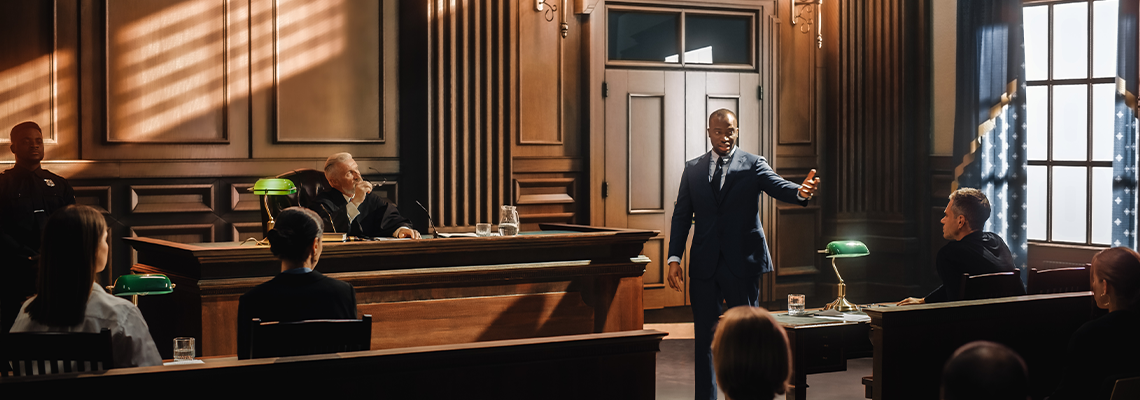An important part of estate planning is choosing someone to serve as the executor of your estate. Many people choose close friends or family members as their executors, while others ask lawyers or other professionals to take on this responsibility. Before making this decision, it’s important to understand what an executor does so you can choose the right person for the job. Here’s an overview of the executor’s main duties:
Managing the Deceased’s Assets
An executor must locate all of the deceased’s assets and manage them until they have been handed over to the beneficiaries. Locating the assets involves tracking down properties, vehicles, bank accounts, insurance policies, and other investments in the deceased’s name.
Managing the assets is a bit more complicated. The executor’s job is simply to protect the assets to ensure they are not lost or damaged while the estate is being settled. The executor is not responsible for making important business or investment decisions with the deceased’s assets.
Pay Debt and Taxes
The executor is responsible for identifying the deceased’s debts and paying them off. Executors must also file tax returns on behalf of the deceased and sometimes on behalf of the estate as well. The money that is used to make these payments is taken from the estate, not from the executor’s pocket.
Collect Money Owed to The Estate
Many individuals are owed stock dividends, paychecks, and tax refunds at the time of their death. It is up to the executor to ensure this money is paid to the estate in a timely manner. It’s recommended that the executor open a bank account for the estate as soon as possible so he can collect and deposit money that is owed to the deceased.
Communicate With the Beneficiaries
It’s best for the executor to communicate with the beneficiaries of the estate on a regular basis. If the beneficiaries are left in the dark, they may start to wonder what the executor is doing or why it’s taking so long to distribute the assets. Beneficiaries that start to suspect wrongdoing can ask the court to appoint a new executor. This can complicate matters, so it’s best to avoid this problem altogether by staying in touch with the beneficiaries throughout the process.
Tie Up Loose Ends
There are a number of smaller tasks that the executor must complete as well. For example, the executor must notify certain parties such as banks, credit card companies, and insurance agencies of the death. The executor may need to submit proof of the death to these parties in order to close these accounts.
Many elderly people receive government benefits from the Social Security Administration or Department of Veterans Affairs. These agencies will also need to be notified so they can know to stop sending benefits. This may seem like one of the executor’s easier tasks, but tying up loose ends is rather time-consuming.
Distribute the Remaining Assets
The executor can distribute whatever assets are left after paying taxes and debts to the beneficiaries. In a supervised estate, the executor must receive court approval before the assets are distributed. Probate allows the court to ensure that the beneficiaries of the estate have been notified, the assets of the estate are accounted for, and debts and taxes have been paid. If there is a will, the court will also ensure it is valid before enforcing it. The executor is involved in every step of the probate process. But, probate is a complex process that can take months, so the executor may decide to hire an attorney to help if probate is necessary.
Estate planning is not difficult or incredibly expensive. But it does require some time and reflection. Are you ready to create an estate plan? If so, let us help. We work one-on-one with clients to understand their needs and create comprehensive estate plans. As time goes on, we also help our clients make necessary updates to their estate plans to ensure everything is in order. Contact The Nice Law Firm to schedule a consultation regarding your needs.




